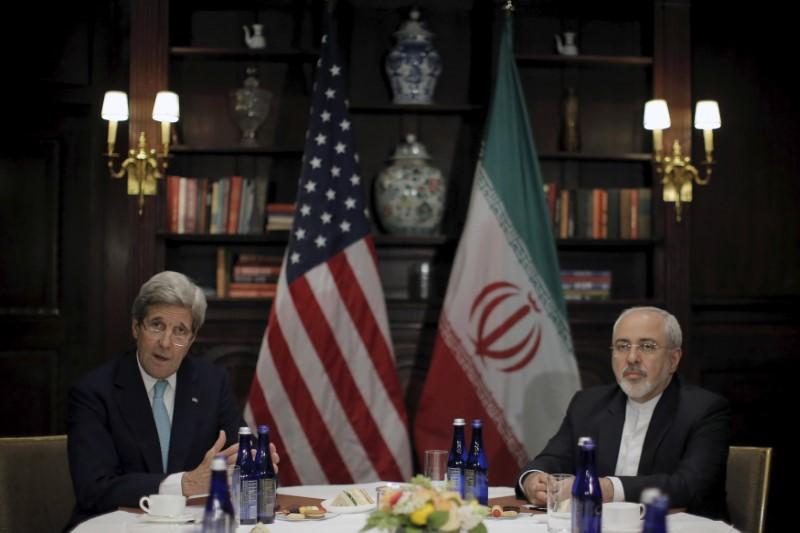The pace of developments has taken us by surprise. Ever since Washington announced its decision against Iran’s government, Britain and Germany shifted their stance from insisting on remaining loyal to the commitments of the nuclear deal to announcing that they support Trump’s plan to confront Tehran’s regime in the Middle East.
The problem is not related to an agreement over nuclear activity as much as it is about the wars, which Iran is regionally managing. It is unreasonable to let the regime loose in the region and allow it to spread chaos, threaten other regimes and dominate Iraq, Syria, Lebanon and Yemen. All this would basically be its reward for decreasing uranium enrichment!
Britain and Germany criticized Iranian practices and announced they will join the US in confronting Tehran’s policy. This position foils Iran’s attempts to adopt the entire agreement in one package to impose it on everyone without distinguishing between preventing nuclear activity, which qualifies it for military supremacy, and between the dangerous practices of the regime, which is benefiting from the nuclear deal itself.
We must acknowledge that the White House wittingly managed the battle with its European allies who completely rejected backing down from the agreement and refused to take any action that may lead to tense relations with Tehran.
However, President Trump put two options before them: correct the mistakes related to the agreement or cancel it altogether. He insisted on refusing the previous situation. This stance is in harmony with the Republican Party’s view and his government, of course, supported the decision.
The wheel will begin to turn again to pressure Tehran’s regime, which will be responsible for the next economic and political crisis it will suffer from – that is if it refuses to change its behavior and to suspend its military and militant activities in the region.
The US and governments that support it it do not oppose Iran’s right to establish a civil nuclear program, but Washington expects Tehran rein in the Iranian Revolutionary Guards Corps (IRGC) and its intelligence apparatuses in the region.
Iran must withdraw the militias, which the IRGC established and trained and which consist of powerless refugees from Afghanistan, Pakistan, Iraq and other countries. It also developed “Hezbollah’s” roles and turned the party members into mercenaries who launch wars on its behalf in the region.
It is preparing the Houthi Ansar Allah group in Yemen for this same purpose. Iran also used a naval network to smuggle weapons to conflict areas in Yemen, Syria and Lebanon and used ships to smuggle supplies to fund the Yemeni war. It tried to do the same in Syria via the Mediterranean Sea. Iran also has activities in Afghanistan as it has supported the war there ever since the American invasion of the country following the September 11 attacks.
Iran could not have expanded in this manner in the region if those who signed the agreement hadn’t submitted to its conditions and hadn’t lifted sanctions randomly. Tehran could not have expanded in Syria if the former US administration, under Barack Obama, hadn’t been lenient with it out of fear that it may not sign the deal.
The challenge will be in proposing a new project to Tehran. This can include lifting sanctions in exchange of keeping the deal and getting Iran to commit to withdrawing all its foreign militias from conflict zones and pledging to stop supporting local militias allied with it, like the Houthis, the League of Righteous People, “Hezbollah in Iraq” and others.
To pressure Iran, Washington said it will revive its support of the Iranian opposition that is seeking to topple the regime. Obama’s administration had stopped doing that and had suspended supporting academic, political and media activities directed against Tehran in order to please Rouhani’s government.
Now that the political confrontation is back on, Tehran is faced before a new equation: stop wars or be sanctioned again. All this will be accompanied with the formation of a new bloc, whose aims are to pressure Iran and guarantee the implementation of sanctions.
